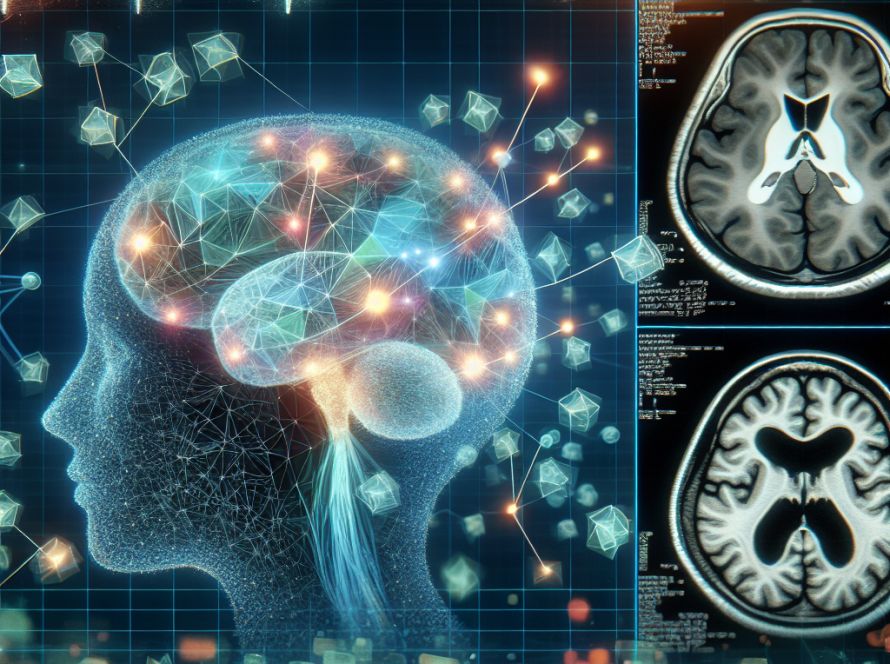Speaking at MIT’s “Generative AI: Shaping the Future” symposium, key speaker and iRobot co-founder Rodney Brooks warned against overstating the capabilities of Generative AI, a form of machine-learning that produces new content based on its training data. With examples like OpenAI’s ChatGPT and Google’s Bard, Brooks cautioned of the consequence of believing that one technology can outperform all others. The conference, attended by hundreds from academia and industry, discussed the potential benefits and risks presented by Generative AI, emphasizing the importance of a combined effort between researchers, policymakers, and industry professionals for a responsible and effective integration of this rapidly advancing technology.
Generative AI offers countless opportunities for advancement in areas such as art, creativity and education. One such initiative discussed was the Axim Collaborative, which involves MIT and Harvard, looking into how Generative AI can benefit underserved students. Furthermore, MIT recently funded 27 projects researching AI’s societal impact, showcasing its belief in the transformative power of AI.
Although Generative AI carries the potential to solve complex problems, and has blurred the line between reality and science fiction, the symposium stressed the importance of using this tool responsibly and for the benefit of society. Brooks, in his address, debunked misconceptions about Generative AI, explaining that while it can generate impressive material like a sonnet in Shakespearean style, it still doesn’t surpass human intelligence and cannot solve all problems. Largely, Brooks expressed concern about the overestimation and misuse of Generative AI, urging against forgetting other forms of software and AI.
The symposium also included a panel of MIT faculty who discussed current and future applications of Generative AI. Ideas discussed included integrating human senses into the process, and ensuring that AI tools are launched responsibly. The panelists warned against the risk of overpromising the capabilities of AI products and their possible future harm. A future-focused discussion highlighted potential developments in AI models that could intensify human abilities, such as sensing emotions through reading physical signals.
Notwithstanding the optimism around generative AI, it was underlined that only when AI tools meet the intended specifications can they be trusted and widely integrated into society. The symposium stressed the importance of active engagement with the larger community to ensure responsible and ethical use of AI.


